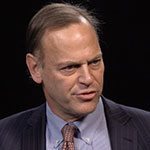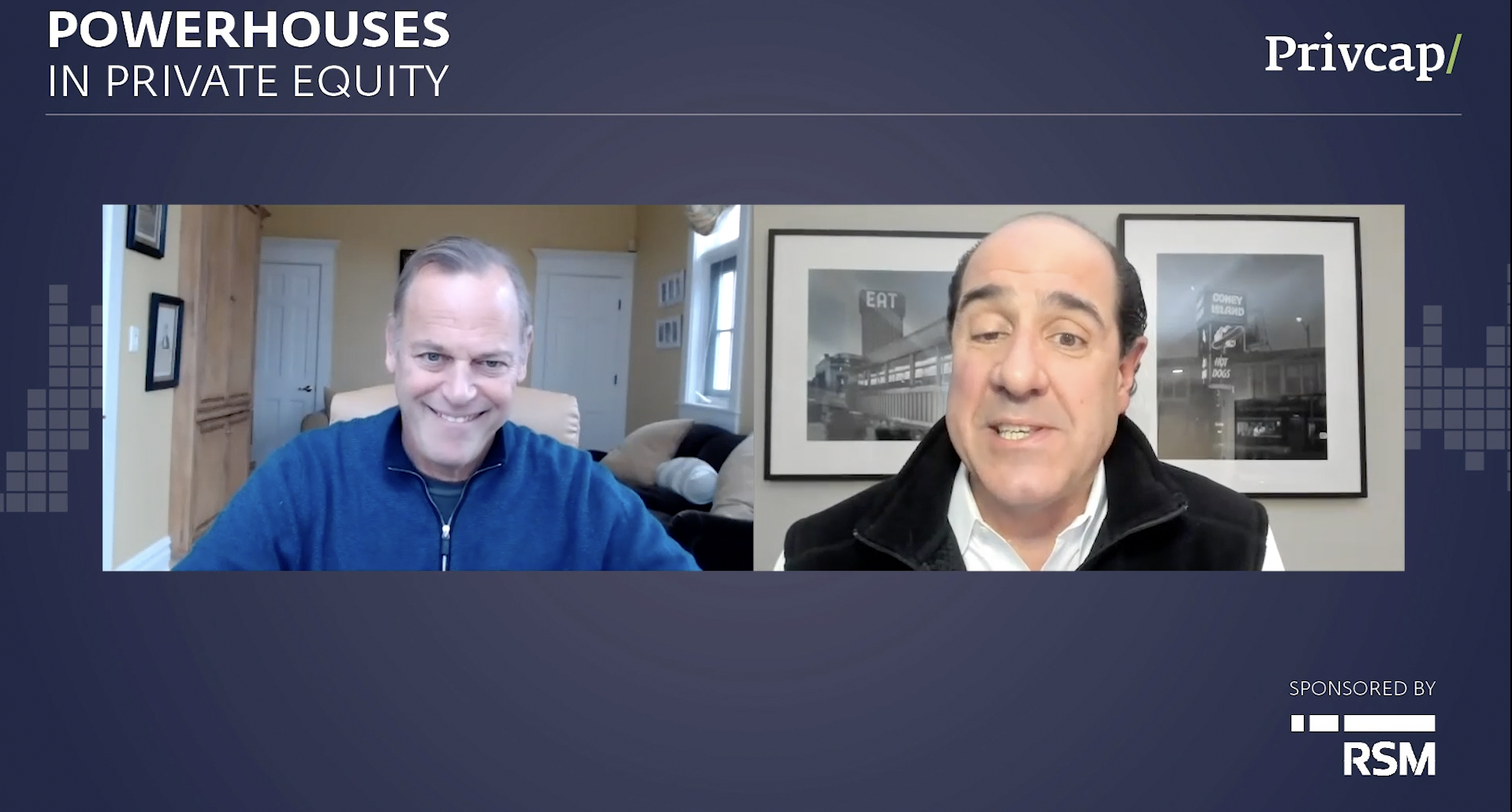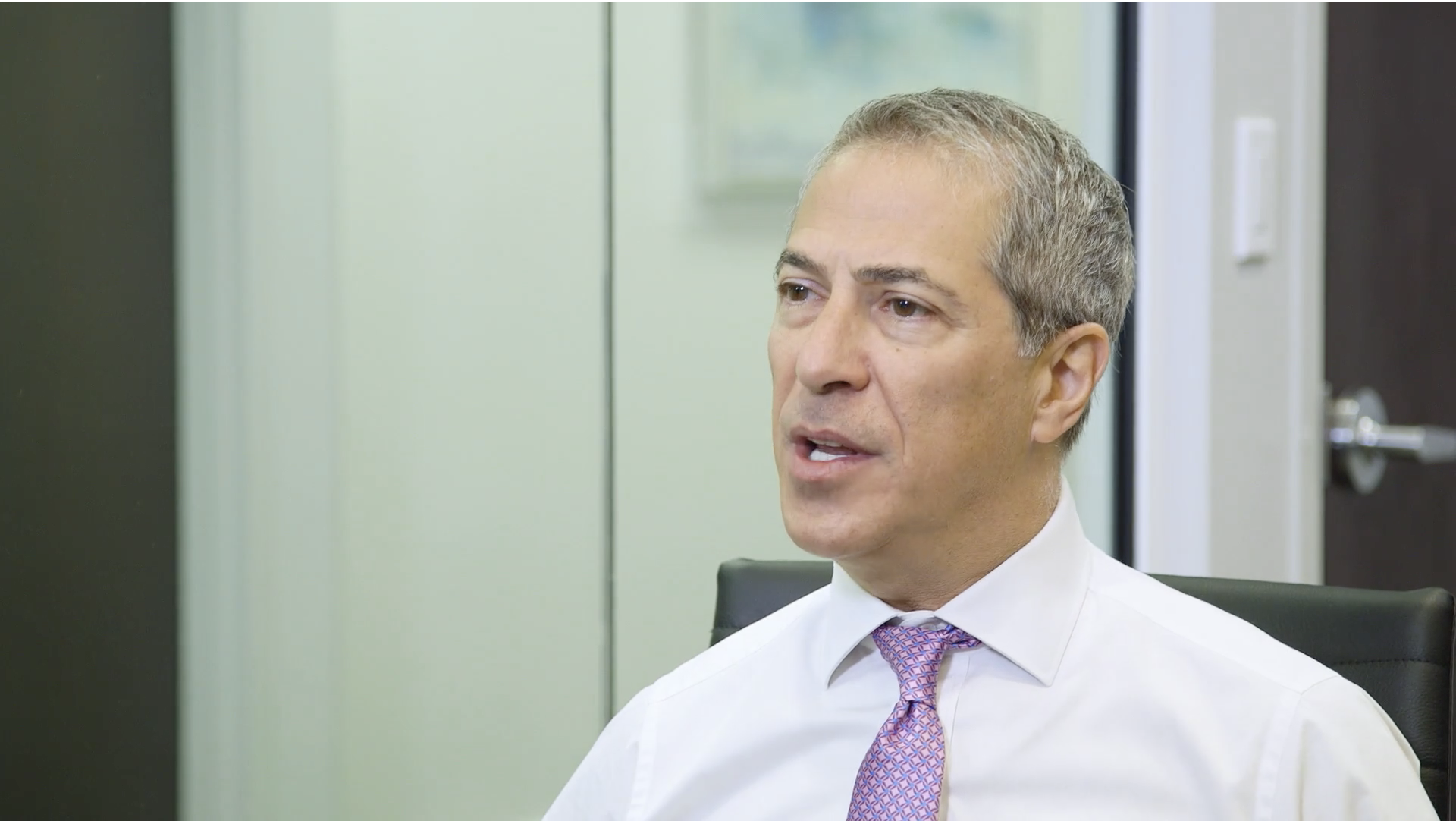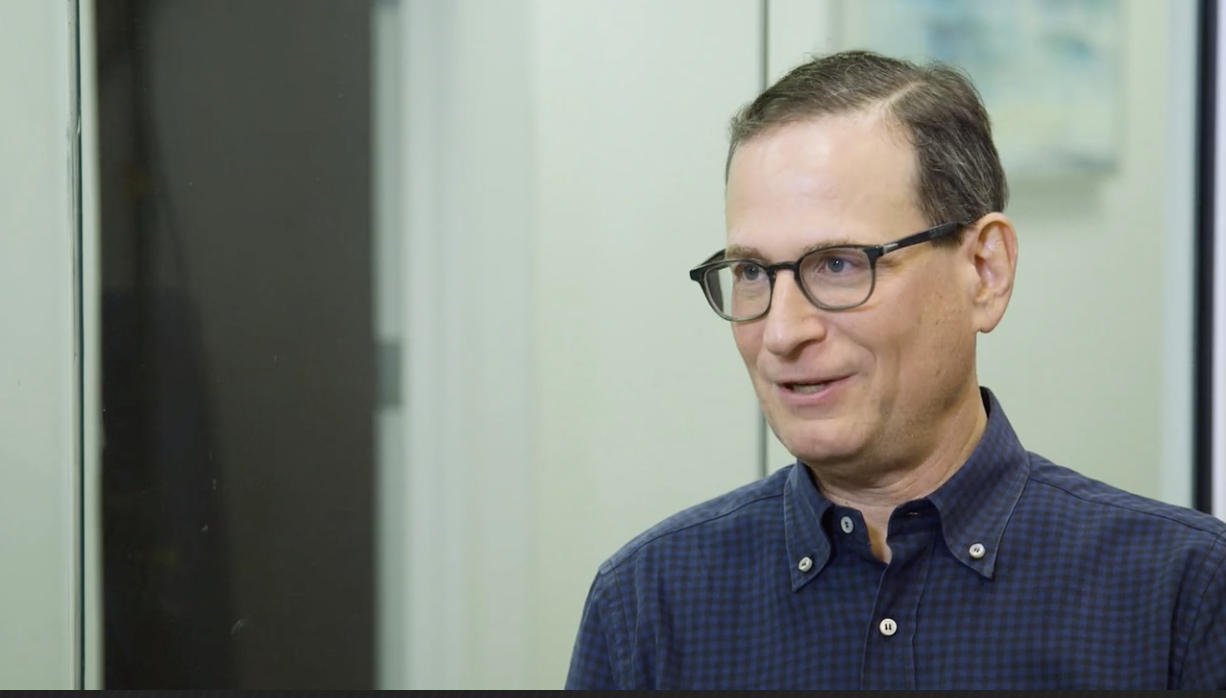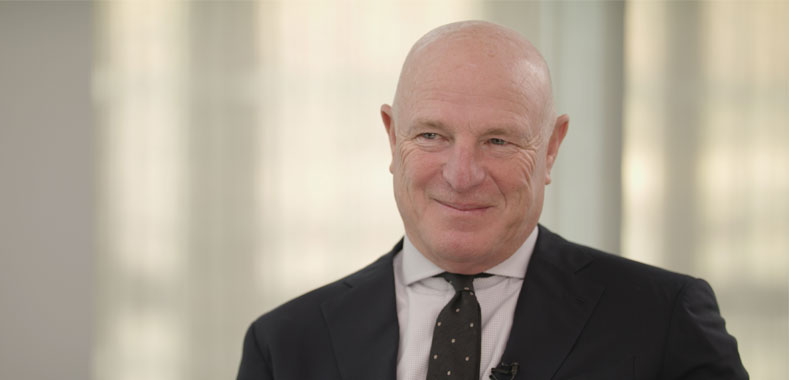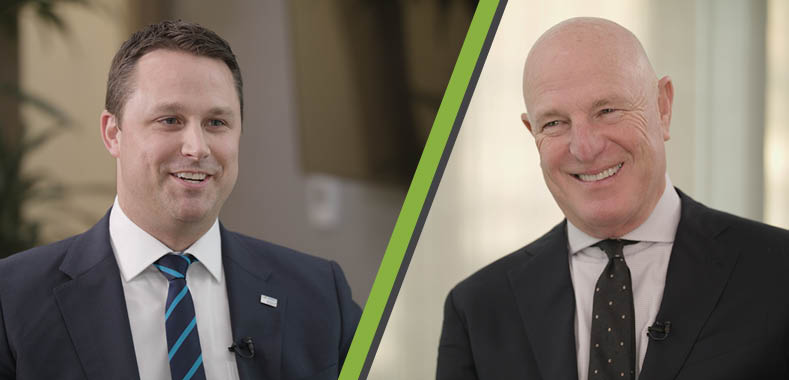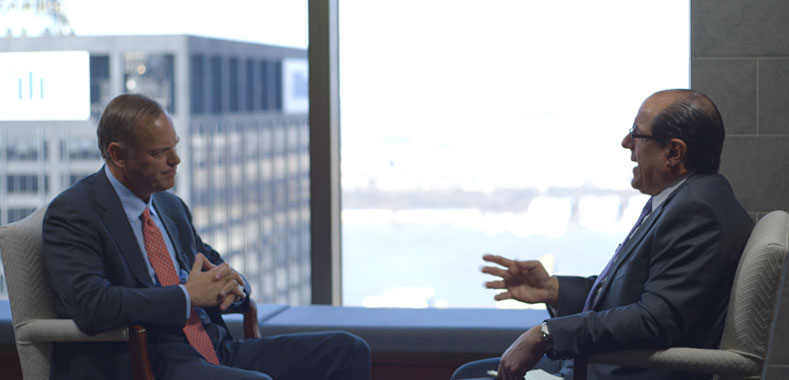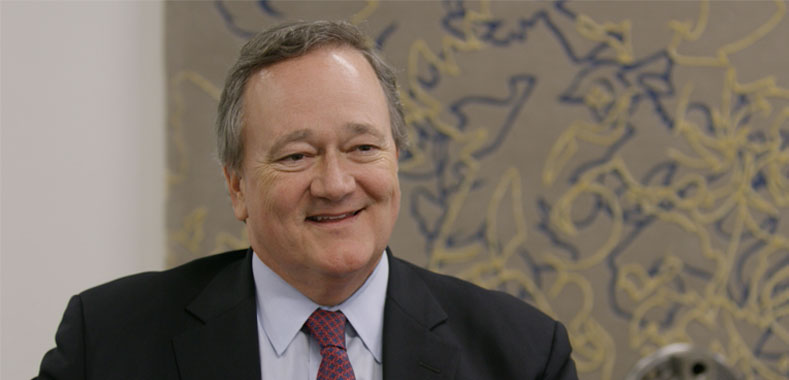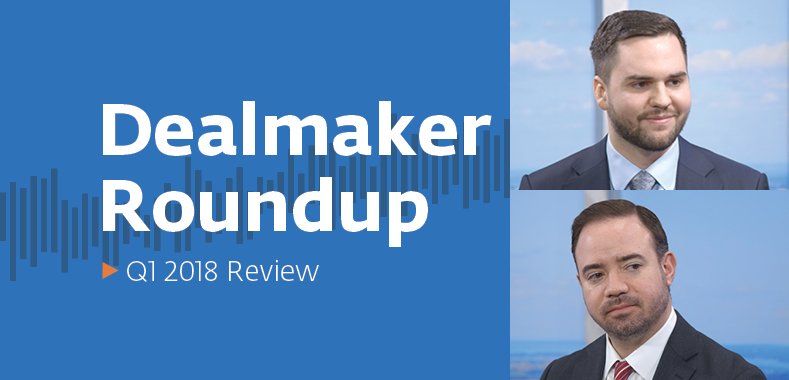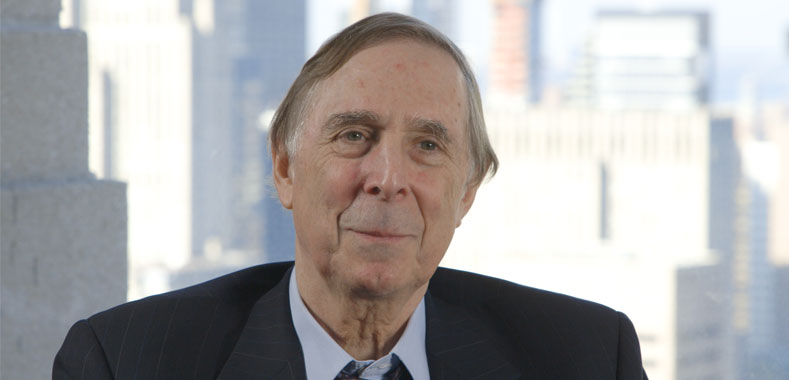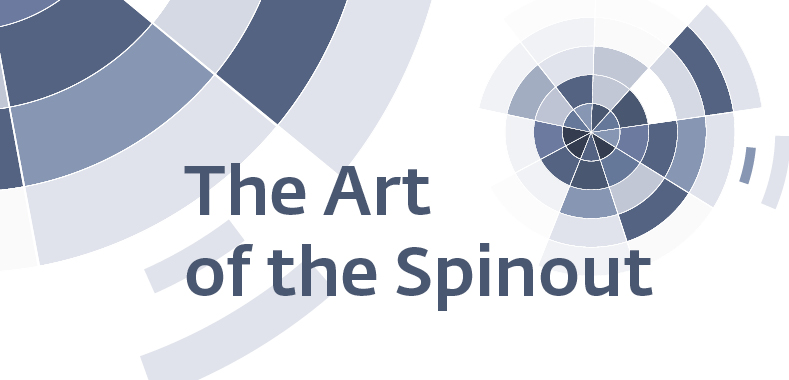Powerhouses in PE: Steve Klinsky of New Mountain Capital
Transcript Download Transcript
Powerhouses in PE: Steve Klinsky of New Mountain Capital
Don Lipari, RSM US LLP:
Hi, this is Don Lipari, national head of private equity for RSM. Welcome to another segment of Powerhouses in Private Equity. Today we’re with Steve Klinsky, CEO and founder of New Mountain Capital. Hi, Steve.
Steve Klinsky, New Mountain Capital:
Hey, Don. Thanks for having me here.
Lipari: Oh, thanks for joining us today. I really appreciate you taking the time. Steve, I want to take a little bit of a walk, not necessarily linear, through your life and through your career in particular. You grew up in the Detroit area, ’60s, ’70s. What was that like?
Klinsky: I grew up in a town called Southfield, Michigan, which is right on the border of Detroit. My family had a business and we had a store in the first big shopping mall in the country, which was called Northland Center. We lived near there and my dad managed the store. It was just a nice suburb where farms were being turned into housing. It was just a nice idyllic suburb growing up.
Lipari: You come out of Harvard with a law degree, with your MBA, and you join Goldman.
You join Goldman and you co-found the LBO group.
Those are the go-go years. This is LBO central. What’s it like?
Klinsky: When I joined Goldman I said, ” I want to be your LBO guy.” They said, “We’ve never done an LBO, so you can be the LBO guy.”
It was a great time because everything was just beginning. Goldman’s first investment that they ever did with their own money, Goldman was like a law firm then. It was much, much smaller, was a 12 million dollar acquisition of a company called Trinity Paper Bag, and I was the day-to-day deal leader on it. It was a half a million dollar investment by Goldman Sachs.
Klinsky: The major thing we were doing back then was advising on how to help our client take their company private.
There’s now 4,000 funds in the world. There were 20 funds in the world. It’s just very early days and a lot of fun to be at the beginning of an entire industry.
Lipari: Sure. ’84, you roll out of Goldman, and you join Forstmann Little. What led to that decision?
Klinsky: Well, they called me up and recruited me. Forstmann Little was the second biggest in the world with $200 million of assets. There were the three founders, another guy my age, and myself. The idea of actually being able to be on the ownership side, where you’re not just doing transactions for people, you actually own the company and work with the business, was very compelling.
Lipari: Talk about your relationship with Ted Forstmann.
Klinsky: There were three founders at the firm, Ted Forstmann, his younger brother Nick, and Brian Little. They were all fantastic people, very different personalities. What I would say about Ted very positively, is he was a total entrepreneurial activist. When he heard that in Bosnia there was a town without supplies being shelled during the Bosnian War, he organized the supply plane, filled it with supplies, flew himself with it to distribute stuff from the plane. He was the sort of guy that he wasn’t a meticulous, methodical, by the numbers guy. He was more intuitive.
Lipari: Deeply passionate guy?
Klinsky: Deeply passionate, and a take the hill type of a guy.
Lipari: ’99, early 2000s, you form New Mountain.
Lipari: What did you set out to create?
Klinsky: I had been working for other people, effectively for 20 years at Goldman Sachs and Forstmann Little in the 80s and 90s. I just thought having my own shop, where culturally I could set it up the way I wanted to, that would be a great thing. When you get in your early 40s, that’s a natural time to think, do you create your own shop or not.
Lipari: Is the Forstmann DNA apparent at New Mountain?
Klinsky: I think it’s a continuation. The Forstmann DNA was we used debt much more conservatively than other firms did. What happened in the 90s, in the 80s we would use a lot of leverage by just regular companies.
After the recession in the late 80s, we decided, “Hey, let’s buy higher quality businesses with more growth,” The transaction I’m very proud of in the 90s, that I spent nine years with, was with a company called General Instrument, that went from about a billion and a half of value as a messed up conglomerate to about $15 billion of value. That mentality of, “Hey, it’s not about levering up some dumpy company and say debt creates returns, it’s about growing businesses,” is consistent with Forstmann Little.
What’s very different, obviously, is the culture and the approach. I have more of the Goldman mentality that you build a great team, you build a great cohesive culture, and the strength of the team and the culture will lead us to produce the results.
Lipari: Let’s talk a little bit more about New Mountain. This is really a full scope alternative investment organization.
Lipari: You have a hedge fund investing in public securities.
You have the BDC finance corporation that is putting out debt instruments.
Klinsky: The way we think about ourselves today is managing over 20 billion in assets. The trunk of the tree is clearly private equity. We have about $17 and a half billion cumulatively, of private equity funds, of which fund five is 6.1 and was oversubscribed. We’ve had public equity, which we call Vantage, ever since 2006. We’ve done it for about 12 years now, because our LP’s asked us to. The private equity LP said, “Look, you’re not about debt. You’re about research and building businesses. Please apply to do that in public equities.”
Then credit, which is the third major part of our business, works extremely closely with private equity. We started it in 2008, after Lehman brothers went down. I’m happy to say we’ve never had a bankruptcy or missed an interest payment in private equity here at New Mountain, because we look for, start off with safe, what we call defensive growth industries, and then we can build the business. There were other companies that we thought were very safe, good companies, that we admired, that were on plan even in ’08, but their debt was trading very low because of the crisis. We said, “Well, let’s buy the debt. If we hold it to maturity, we’ll make 30%.”
We really use the same analytical engine for debt and for private equity.
Lipari: How do you find the opportunities?
Klinsky: We find the opportunities by — we have a whole top-down process where everyone on the firm, every year, is nominating the sectors that they think are these defensive growth sectors. We then, based on input, we set up deep dive teams in the sectors that we’ve chosen, which are always a couple of senior people as team leaders, plus operating partners, plus younger people, plus every expert they can find in the industry, as they dive into that industry. That team is out looking in that space for ideas. When they find one, they come back to the firm and say, “Hey, we’ve been working in food ingredients for the last two years. We think we found an interesting idea.” They’ll present it, and then the full firm works as the investment committee to challenge it, and question it, and probe it, and give ideas about it. And that’s what leads to the deal.
It’s really the strength of the industry identification, and the strength of the teams we’ve set up.
Lipari: You’re in touch with CEOs, leadership teams. There’s a perception of private equity that still exists in the middle market today. You’ve got to clear those hurdles. How do you guys go about saying, “We’ve built a better mousetrap here.”?
Klinsky: The way you clear the hurdles is, we can now show again, and again, and again what we’ve done for other companies. Every deal we’ve ever done is listed on our website or a public record. Every CEO is available that we’ve ever worked with, every family or company we’ve ever bought from as a reference can be called.
Lipari: Who are the biggest influencers in your life?
Klinsky: I have to say my family, and starting with my father has to be the biggest influence in my life. From a business point of view, I’ve been influenced by, again, the Goldman Sachs culture. Forstmann Little, I learned incredible stuff from Ted, Nick, and Brian, and the whole firm. I read a ton of history, so I’m very influenced. When you read about people in history, how they handled the situation or what they were like, so those would probably be my major influences.
Lipari: What do you want your legacy to be?
Klinsky:I’ve always tried to argue that private equity is not about risk, where you take most risk and you therefore get more return. It’s about making businesses more valuable than when you came in. It’s a form of management, a form of creative act.
We’ve added or created over 40 thousand jobs and haven’t had any job losses. Three and a half billion of R&D software and CAPEX, never a bankruptcy, never missed an interest payment. That’s what I want the legacy to be at New Mountain, and obviously you want great returns for your LPs and a great culture. As a person more broadly, to me that’s totally consistent with what I’m trying to do more broadly in my life.
Lipari: Steve, this has been a pleasure, truly.

